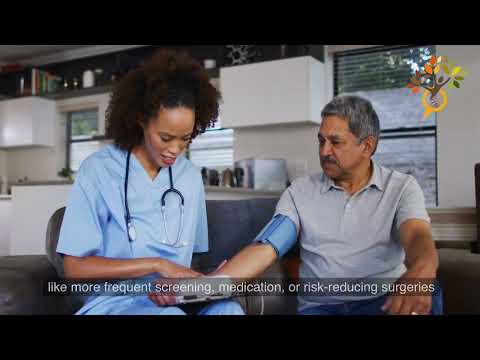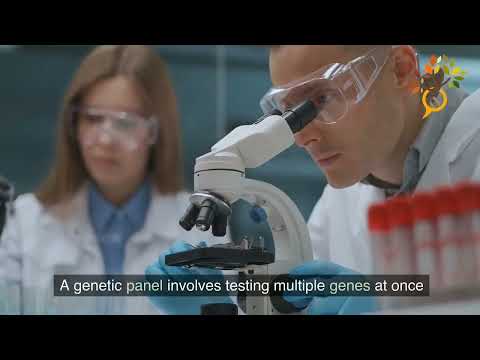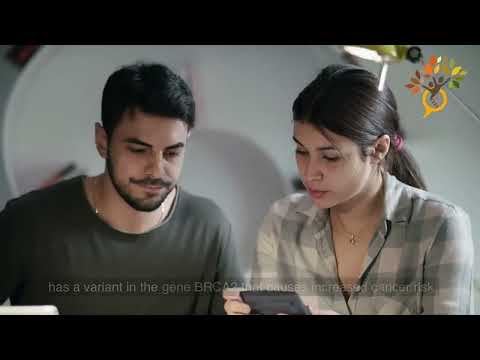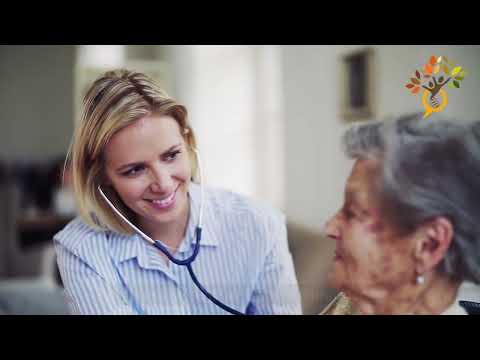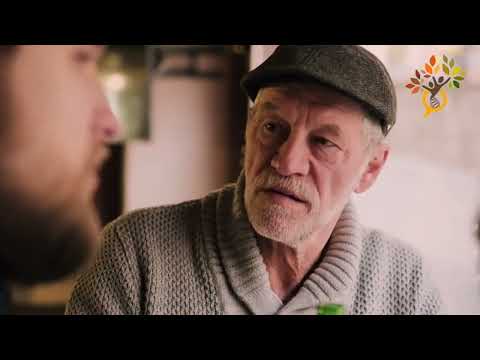Help Others Get Tested
Helping Others Get Tested Can Save Lives
Testing your relatives for the specific genetic variant that causes disease in your family could save their lives. Benefits of genetic testing include:
- if someone also has the variant and has not had the disease, they can get access to preventive measures like more frequent screening or risk-reducing surgeries
- if someone also has the variant and develops disease, their doctors may make different treatment recommendations
- if someone is negative, they can have the reassurance that they have similar risks for disease as the general population
- it can help determine which other relatives do and do not need to consider testing
Navigating the health care system and trying to get genetic testing can be difficult. Here are information and resources to help relatives get genetic testing for your family's variant.
Original Genetic Test Report
It is important for you to share your genetic test report so your relatives and their doctors know exactly what variant they need to test for, and they get all that information from an original test report. Just having the gene name is not enough - to order the right test, the doctors will also need to know:
- DNA position and change (c.)
- Protein position and change (p.)
- The lab that performed the testing
- Accession or tracking number
- Classification of the variant: pathogenic, likely pathogenic (testing for variants of uncertain significance is typically not ordered in relatives)
Types of Genetic Testing
1) Known mutation testing (also known as familial mutation testing, targeted mutation testing):
- testing only for the one variant known to be in the family; the result will either be "positive" or "negative" (see next section for more information about result types)
- typically covered by insurance
2) Single-gene testing:
- testing of all DNA letters in one particular gene
- tends to be ordered in very specific disease contexts or for billing reasons
3) Genetic panel:
- testing of multiple genes at once
- maybe ordered for someone who has not found a genetic cause for cancer in them or a family member, or someone who has cancer on both sides of the family
Possible Results and What They Do and Don't Mean
Positive: someone has inherited the variant. This does NOT mean some will definitely get cancer, it means that someone's risk for cancer is higher. These people can do things to prevent or reduce their risk for cancer, such as more frequent cancer screening or risk-reducing surgeries. Their biological children each have a 50% chance to inherit the variant.
Negative: someone does not have the variant. This does NOT mean they won't develop cancer, it means their risks are the same as the average person and can follow general cancer prevention guidelines. Their biological children cannot inherit the variant.
Getting Tested Through a Healthcare Provider
Recommended: Meet with a Genetic Counselor or Medical Geneticist
Genetic Counselors and Medical Geneticists are trained to help patients understand genetic concepts, navigate the complicated health care system, and manage to follow up on genetic test results. You and your relatives can find certified genetic counselors by searching the National Society of Genetic Counselors.
Also acceptable: Other healthcare providers, such as a primary care provider or an oncologist, can order genetic testing, though some do not feel comfortable ordering genetic testing.
Costs and Coverage
1) Insurance: coverage depends on each individual insurance policy; typically requires preauthorization
2) Financial Assistance / Self-pay options: Many commercial genetic testing labs offer financial assistance and discounted self-pay options for those without insurance or high out-of-pocket costs
3) Targeted testing: Testing for just your specific familial variant will usually be less expensive than sequencing a whole gene or testing a panel of many cancer risk genes.
What if My Relative Doesn't Want to Get Testing?
As the saying goes, "You can lead a horse to water, but you can't make it drink." The same applies here, "You can talk to your relative about cancer risk, but you can't make them act on it." Even if you do not agree with it, your relatives might decline genetic testing. We still encourage you to share your test results and information about how they can get genetic testing. It may just take them some time. And it may be that you are the person they come to if they do decide to have testing, so we suggest you leave the gates to the water open for when someone is ready to drink.
Related Pages
What is my variant might help you communicate about your test result and the importance of genetic testing.
Resources about different genes and conditions that are tested using genetics are available on the FAQ page.

